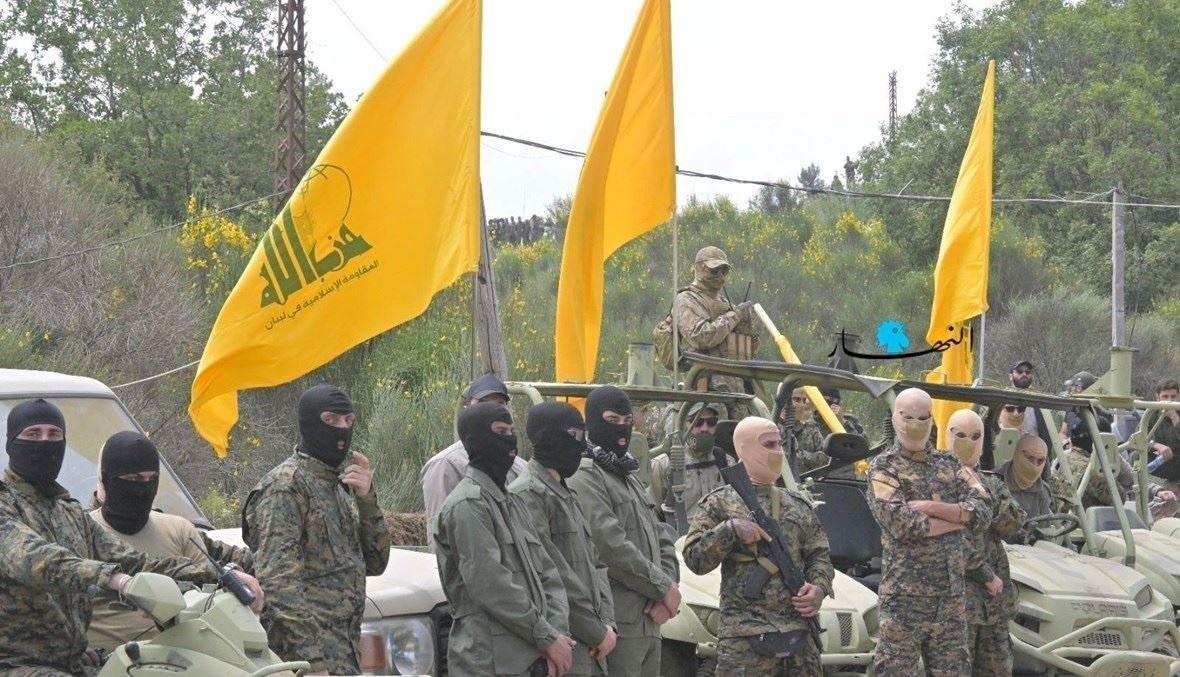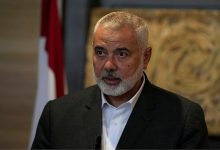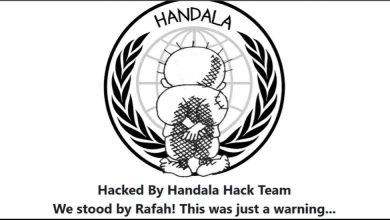Hezbollah’s Response to U.S. De-escalation Proposal with the Occupation: Nasrallah’s Stand Revealed

Watan-According to Reuters, the Lebanese Hezbollah received an American offer to de-escalate tensions with the Israeli occupation along the borders between Lebanon and the occupied Palestinian territories. However, Hezbollah responded with rejection.
The agency reported that this stance contradicts statements made by Lebanese media outlets close to the party, claiming that Hezbollah is open to American diplomacy and had rejected the initial ideas from the beginning.
This development follows the visit of the envoy Amos Hochstein to the Lebanese capital, Beirut, where he met with Lebanese officials on January 11, 2024. Reuters stated that Hochstein and Hezbollah officials exchanged talks through Lebanese intermediaries.
Hochstein proposed that Hezbollah withdraw from the border by a distance of seven kilometers, as opposed to Israel’s demand for a 30-kilometer buffer zone.
What is Hezbollah’s position on the American offer?
The agency quoted an informed Lebanese official saying that Hezbollah views the ideas of the American envoy as unrealistic. The official added that the party insists on continuing to launch its missiles until the cessation of the war in Gaza, but its position takes a political direction nonetheless.
Another unnamed security source mentioned by Reuters stated that the party’s openness to other ideas indicates its reluctance to expand the scope of the war.
The Hezbollah-affiliated newspaper, “Al-Akhbar,” pointed to a “European mobilization” in Beirut attempting to prevent the conflict from shifting from Gaza to Lebanon, according to its description. The newspaper added that this European visit is an attempt to reach a deal acceptable to all parties.
“Al-Akhbar” clarified that the German Foreign Minister, Annalena Baerbock, visited Lebanon, and she will be followed by the Spanish Foreign Minister, Jose Manuel Albares, and the Italian, Antonio Tajani, soon. The discussions, according to the newspaper, revolve around the southern borders, the escalation situation, and securing the borders after repeated messages of escalation and threats conveyed from Israel to Lebanon.






